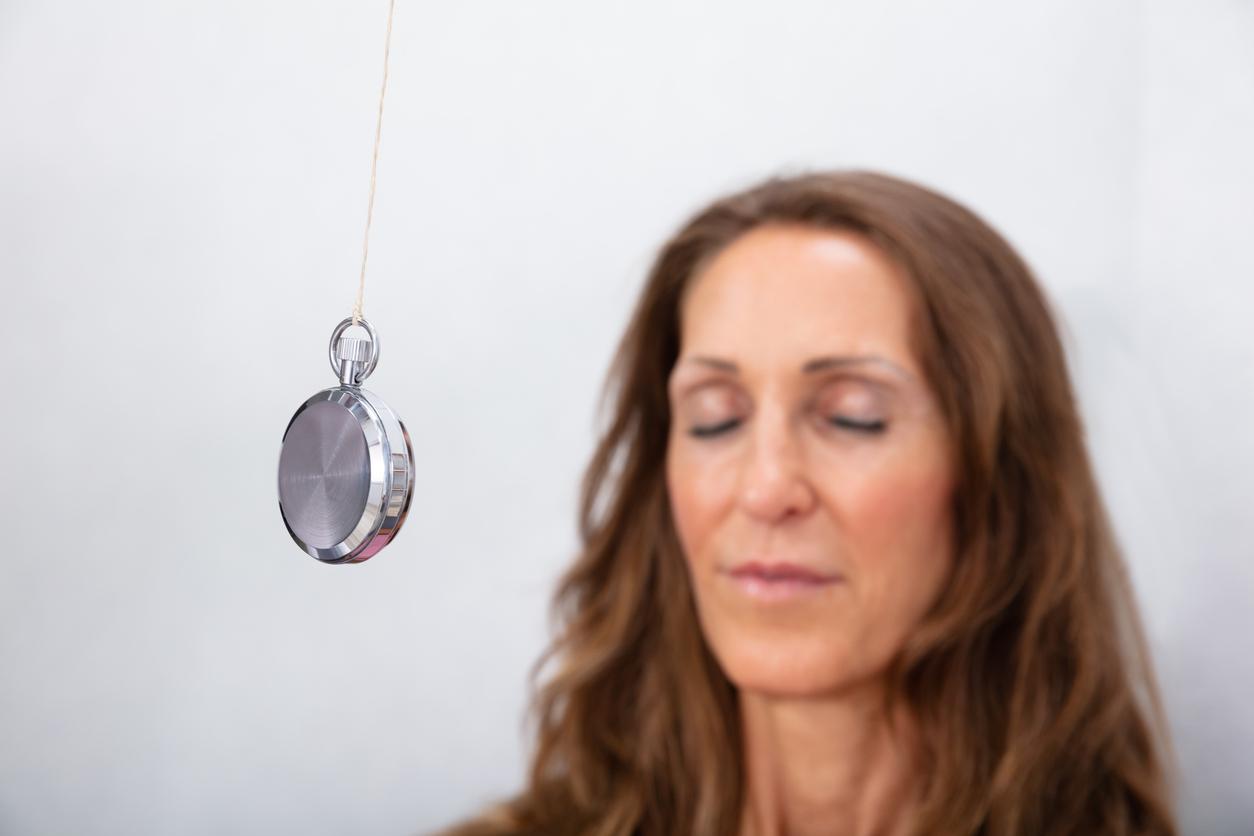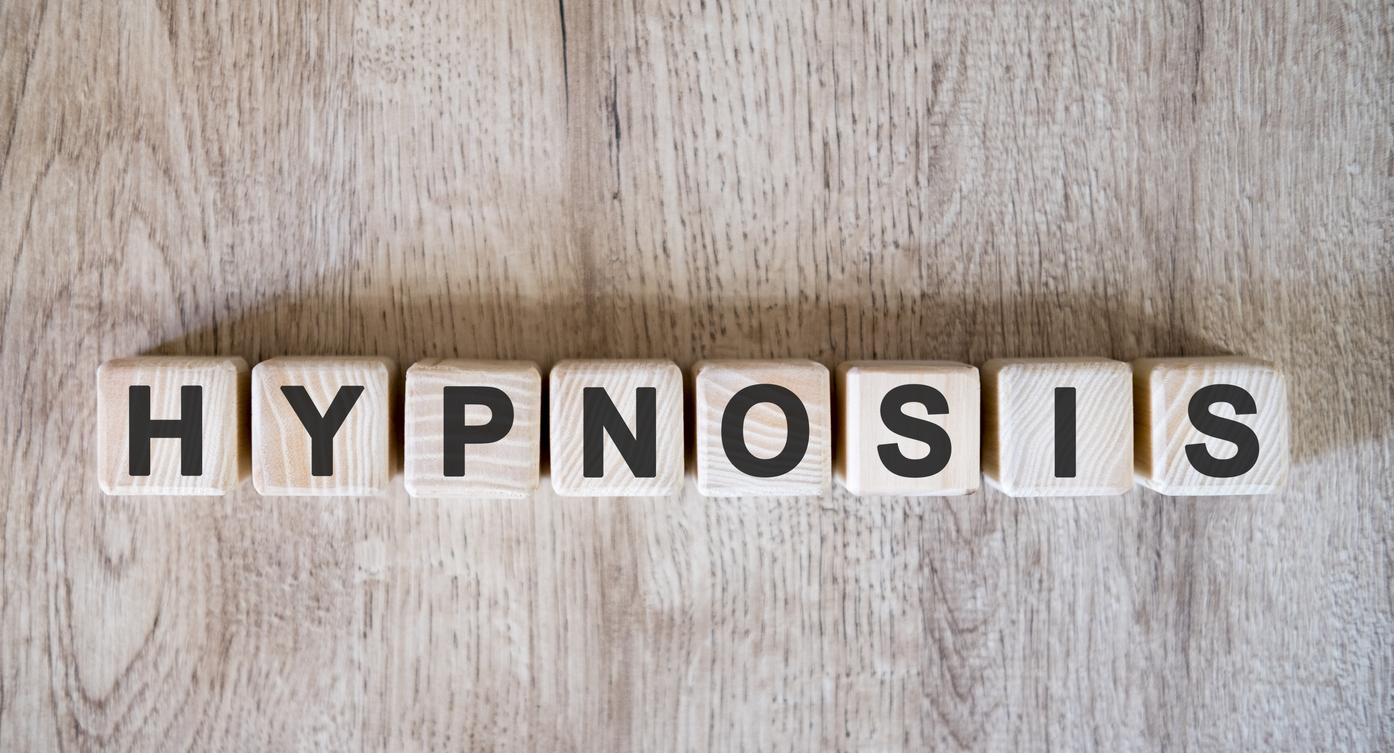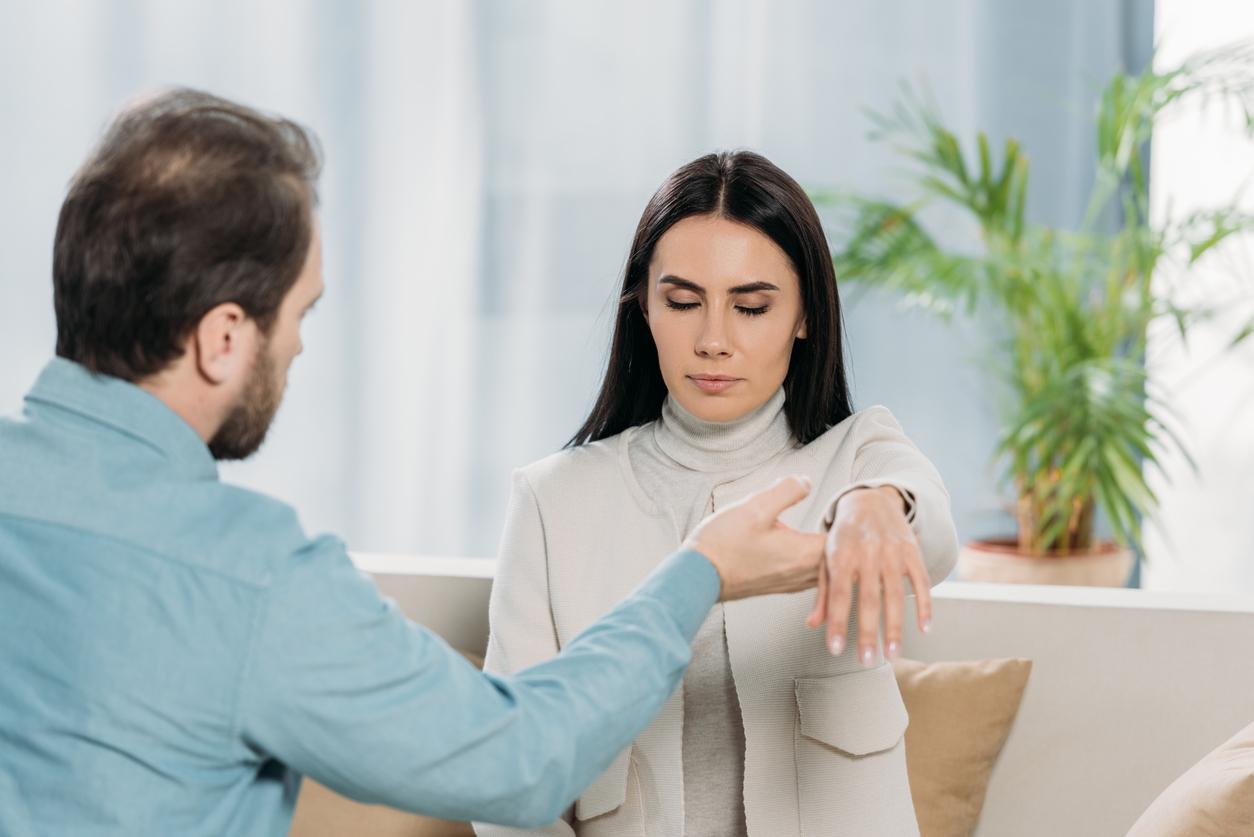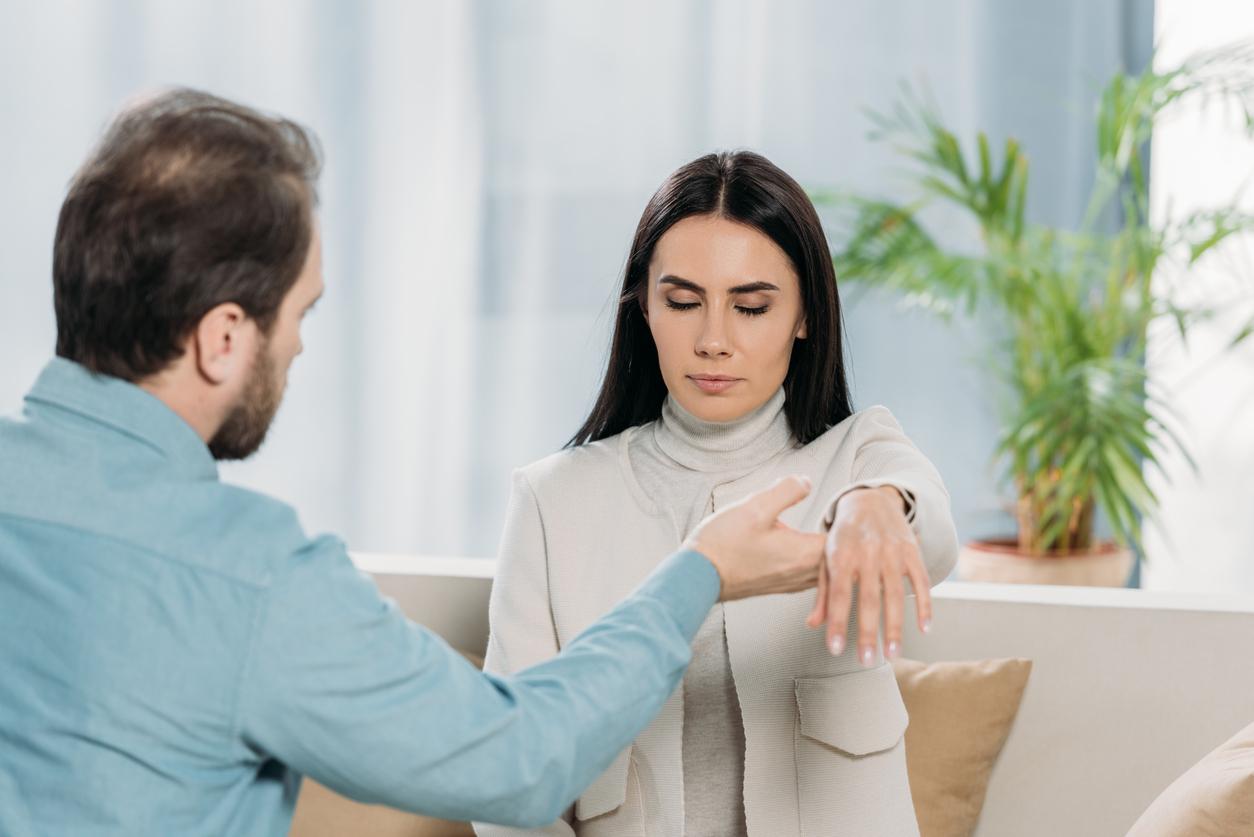Anesthetists, emergency physicians, midwives, physiotherapists, dental surgeons, psychologists… More and more caregivers are training in hypnosis, now used in many medical specialties, alone or in addition to other gentle or allopathic therapies .
Hypnosis, what is it exactly?
“The state of hypnosis corresponds to a change in the state of consciousness, different from both waking and sleeping”, answers Dr Grégory Tosti, pain doctor and hypnotherapist. “This particular state makes it possible to work on the patient’s unconscious. Hypnosis is thus a therapeutic tool which makes it possible to change the perception of an element, for example an injury, an illness, a treatment, an object such as cigarettes, fatty or sugary foods… But also the perception of an event such as trauma, an accident or bereavement.”
Hypnosis: Anyone Can Be Receptive
“Anyone can experience this state, says Dr Grégory Tosti, but about 10% of people are very receptive to it, 10% on the contrary are very unreceptive to it. The remaining 80% are between the two.”
Even people who are not very receptive can be hypnotized, the induction will just be more delicate. “The only real obstacles depend on health conditions. In the case of dementia, attention disorders, hearing deficits, it is more difficult to establish a sufficient connection to induce the state of hypnosis” continues the doctor hypnotherapist.
Hypnosis can also be used in children. “It’s even easier, because they have a highly developed imagination, much less self-judgment and fewer barriers than adults,” comments Kevin Finel, hypnotherapist and hypnosis trainer. On the other hand, as their attention spans are limited, the sessions must be short.
>> What are the contraindications? Hypnosis is not responsible for any side effects. The worst that can happen is that the session is not effective. However, there is a contraindication to its practice: dissociative disorders, as in psychosis or schizophrenia. As hypnosis itself creates a dissociation between what is real and what is perceived, it is likely to decompensate these pathologies, warns Dr. Tosti.
Our Experts:
- Dr Grégory Tosti, algologist and hypnotherapist at the pain center of the Ambroise-Paré hospital (AP-H
- Kevin Finel, hypnotherapist and hypnosis trainer, director of the Ark (Academy of research and knowledge in Ericksonian hypnosis)























